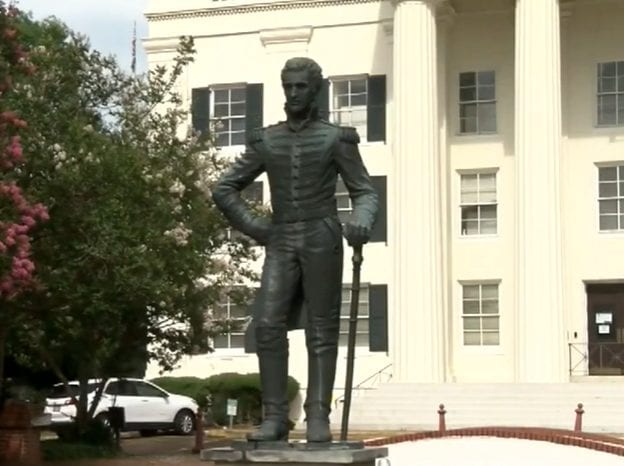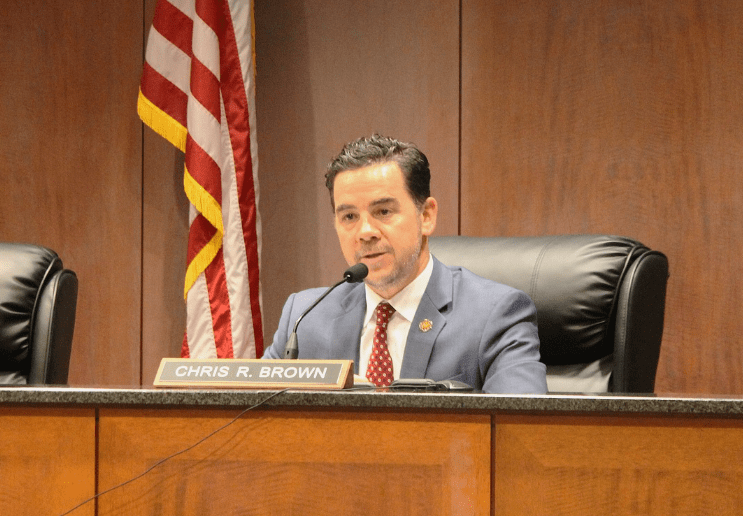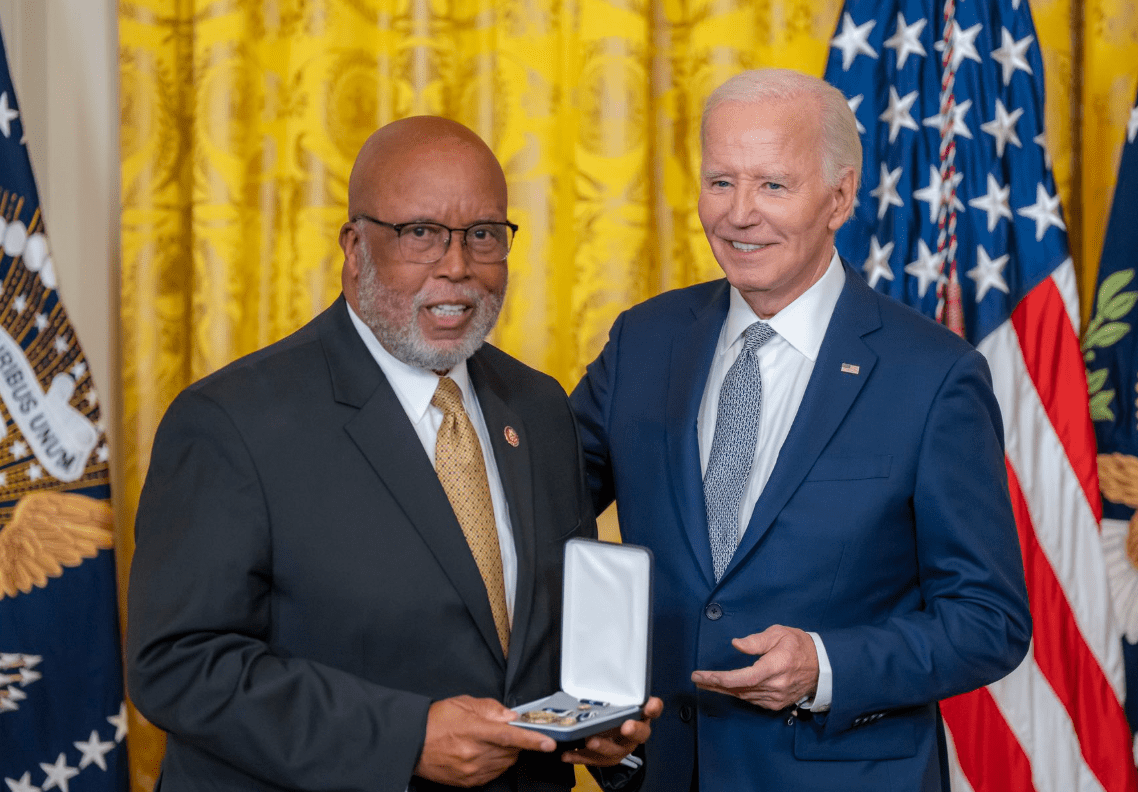
The movement to cancel historic figures across the nation has reached Mississippi.
Various local governments throughout the Magnolia State are embroiled in debates over whether or not to remove or relocate statues and historic markers depicting city and county namesakes as well as memorials to those who fought or died in wars, primarily the Civil War – at least for now.
A Mississippi state law, MS Code § 55-15-81, prohibits the alteration of historical monuments and memorials, but it does allow governing bodies to move such markers “to a more suitable location if it is determined that the location is more appropriate to displaying the monument.”
The law reads:
“(1) None of the following items, structures or areas may be relocated, removed, disturbed, altered, renamed or rededicated: Any Revolutionary War, War of 1812, Mexican-American War, War Between the States, Spanish-American War, World War I, World War II, Korean War, Vietnam War, Persian Gulf War, War in Iraq or Native American War’s statues, monuments, memorials or nameplates (plaques), which have been erected on public property of the state or any of its political subdivisions, such as local, municipal or county owned public areas, and any statues, monuments, memorials, nameplates (plaques), schools, streets, bridges, buildings, parks preserves, reserves or other public items, structure or areas of the state or any of its political subdivisions, such as, local, municipal or county owned public areas, which have been dedicated in memory of, or named for, any historical military figure, historical military event, military organization or military unit.
“(2) No person may prevent the public body responsible for maintaining any of the items, structures or areas described above from taking proper measures and exercising proper means for the protection, preservation, care, repair or restoration of those items, structures or areas. The governing body may move the memorial to a more suitable location if it is determined that the location is more appropriate to displaying the monument.
“(3) This section shall not apply to items, structures or areas located on property owned or acquired by the Mississippi Transportation Commission which may interfere with the construction, maintenance or operation of public transportation facilities.”
While no penalty specifically exists in the law for those governing bodies who do not follow its guidance, as with other such legal statutes, the existence of the law provides a means by which an aggrieved citizen could seek an injunction to prevent the removal or relocation of a statue, monument or historic marker fitting into one of the categories above where such actions do not meet the spirit of the law.
This law was originally passed in 2004 with bipartisan support, as well as with the support of both white and black lawmakers. It was known as the ‘Mississippi Military Memorial Protection Act.’ Republican Haley Barbour was the Governor who signed it into law and both chambers of the Legislature were controlled by Democrats at that time.
Former legislator Greg Snowden, who served in the Mississippi House of Representatives at that time, said the question lies in what “a more suitable location” means.
“I believe that the Legislature intended any new location to be equivalent to the old; not a diminution in any way. That is my recollection,” Snowden told Y’all Politics. “The statute does give the governing authority the right to find that the new location is more appropriate. That gives local governments considerable leeway.”











